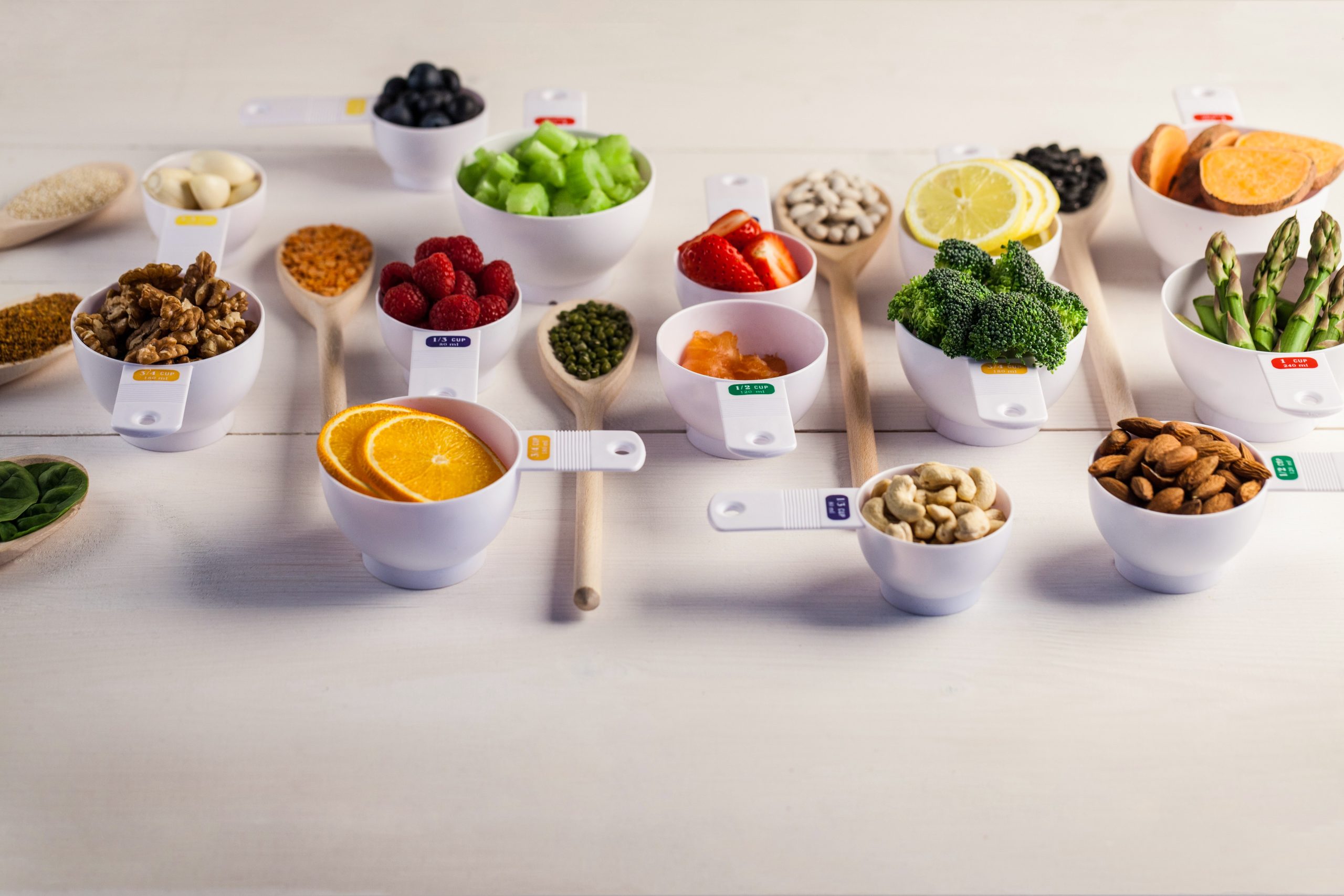
In our fast-paced lives, bombarded with responsibilities and whirlwind activities, we may sometimes overlook one of the most fundamental aspects of our existence—our health. While many factors contribute to a robust, healthy life, nutrition sits at the core. Specifically, vitamins and minerals—those microscopic yet mighty nutrients—play an exceptionally critical role in maintaining overall health.
It’s astonishing how these tiny compounds can have such a profound impact on our bodies, from maintaining our energy levels to supporting the immune system, promoting bone health, and even protecting against chronic disease. Let’s dive into why vitamins and minerals are indispensable, and how you can make sure you’re getting enough of these pivotal nutrients in your diet.
Understanding Vitamins and Minerals
Vitamins and minerals are often discussed together, and while they share many functions, they are distinct from one another. Vitamins are organic compounds produced by plants and animals, essential for facilitating our body’s metabolic processes. On the other hand, minerals are inorganic elements that come from the earth, absorbed by plants, and are crucial for numerous bodily functions, from building strong bones to transmitting nerve impulses.
Vitamins are generally categorized into two groups: water-soluble (like vitamins C and B-complex) and fat-soluble (such as vitamins A, D, E, and K). Water-soluble vitamins are not stored in the body and must be consumed regularly, whereas fat-soluble vitamins are stored in the body’s fatty tissue and liver.
The Vital Roles of Different Vitamins
Vitamin A
Vitamin A is paramount for vision, skin health, and the immune system. Found in foods like carrots, sweet potatoes, and leafy greens, vitamin A is crucial for ensuring effective communication between cells and supports the function and integrity of the heart, lungs, and other organs.
Vitamin B Complex
The B vitamins are a group of eight nutrients, each with unique benefits. They play an essential role in energy production by converting food into energy. Beyond energy, these vitamins are key to forming red blood cells, maintaining healthy brain function, and supporting cardiovascular health. Foods rich in B vitamins include fish, poultry, meat, eggs, and dairy, as well as green vegetables and beans.
Vitamin C
Vitamin C is perhaps most celebrated for its role in supporting the immune system. It is a powerful antioxidant, helping protect cells from damage by free radicals. Additionally, vitamin C is pivotal in collagen production, which is necessary for the health and repair of tissues, and enhances the absorption of iron from plant-based foods. Citrus fruits, strawberries, bell peppers, and broccoli are excellent sources of vitamin C.
Vitamin D
Often known as the “sunshine vitamin,” vitamin D is unique because it can be synthesized by the skin upon exposure to sunlight. It is critical for bone health as it aids in the absorption of calcium. Vitamin D also plays a significant role in immune function and has been linked to mood regulation. Fatty fish like salmon, fortified dairy products, and egg yolks are good dietary sources.
Vitamin E
Vitamin E serves as a potent antioxidant, protecting cells from damage. It also supports healthy skin and eyes and plays a role in immune function. Nuts, seeds, and green leafy vegetables are rich in vitamin E.
Vitamin K
Vitamin K is key for blood clotting and bone metabolism. It helps in the synthesis of proteins required for blood coagulation and aids in calcium regulation in the bones. Leafy greens like kale and spinach are high in vitamin K.
The Essential Role of Minerals
Calcium
Calcium is vital for building and maintaining strong bones and teeth. It also plays a role in muscle function, nerve signaling, and hormonal secretion. Dairy products, green leafy vegetables, and fortified foods are primary sources of calcium.
Iron
Iron is essential for red blood cell production and energy metabolism. It’s a critical component of hemoglobin, a protein that transports oxygen in the blood. Iron-rich foods include red meat, poultry, seafood, beans, and fortified cereals.
Magnesium
Magnesium supports more than 300 biochemical reactions in the body, including energy production, protein synthesis, and muscle and nerve function. It also contributes to bone development and helps regulate blood pressure. Nuts, seeds, whole grains, and leafy greens are rich in magnesium.
Potassium
Potassium is crucial for heart health and plays a role in muscle function and nerve signals. It also helps in regulating fluid balance and blood pressure. Bananas, oranges, potatoes, and spinach are excellent sources of potassium.
Zinc
Zinc is required for immune function, wound healing, and DNA synthesis. It’s also vital for growth and development during pregnancy and childhood. Meat, shellfish, legumes, and seeds are rich in zinc.
Ensuring Adequate Intake
With busy lives, convenience foods often take the forefront, which might lack essential vitamins and minerals. To ensure adequate intake, fill your plate with a variety of foods. Prioritize whole foods such as fruits, vegetables, whole grains, lean proteins, and dairy products. In some cases, supplements might be necessary, but they should complement rather than replace a balanced diet.
Consulting with healthcare providers or registered dietitians can help tailor personal nutrient needs and address deficiencies. Always remember—while vitamins and minerals are essential, balance is key. Excessive intake of certain vitamins and minerals can lead to adverse health effects.
Maintaining a nutrient-filled diet rich in essential vitamins and minerals is one of the smartest ways to invest in your long-term health. Not only will it provide the energy and vitality needed to tackle daily tasks, but it will also set the foundation for a healthier, happier you. Whether you’re adding more spinach to your smoothies or ensuring you get enough sun exposure for a vitamin D boost, every little step counts toward sustaining your overall health.




